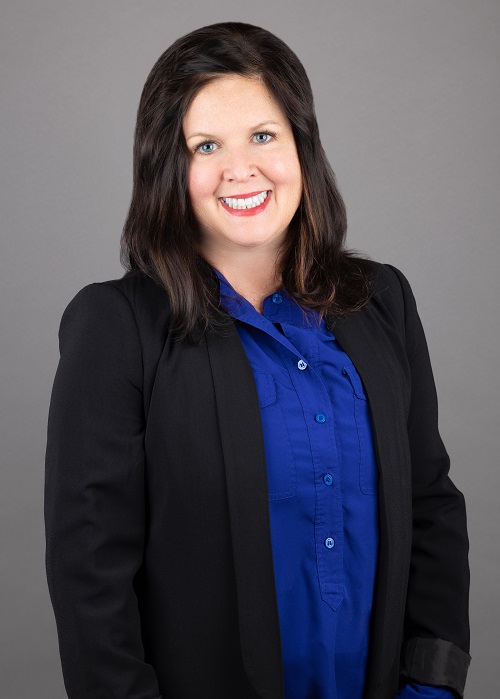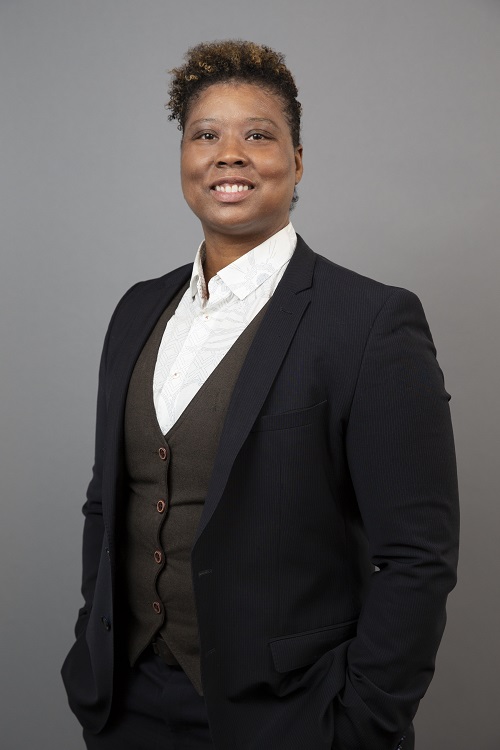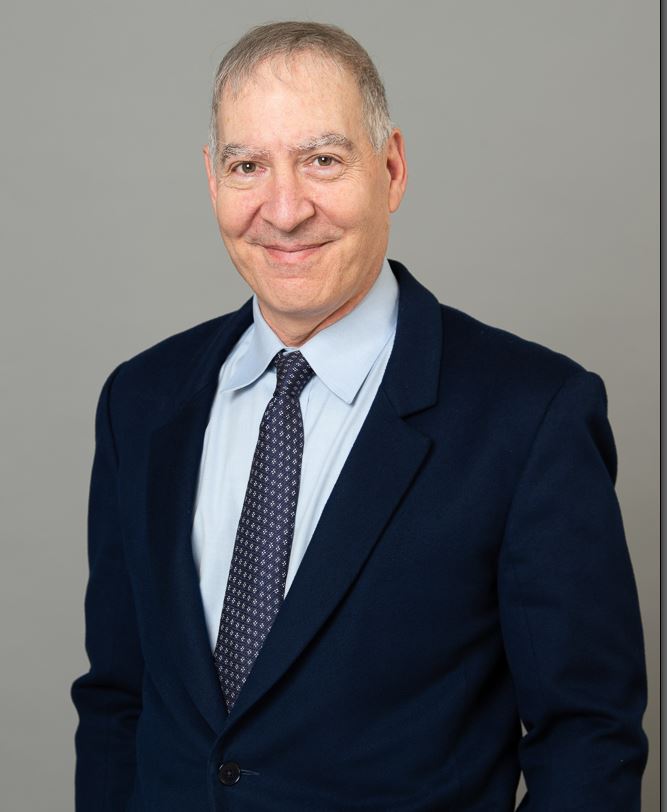The COVID-19 pandemic may have subsided, but its enormous toll on staff and management at hospitals and health care organizations is still evident, creating tension, pressure, internal disputes and turnover.
Melody Emrich, Genesis Fisher and Richard Birke from the alternative dispute resolution (ADR) provider JAMS recently spoke about those challenges and how JAMS Pathways, a customizable service for addressing and preventing conflict, can help.
What challenges have you seen recently in the health care industry?
Melody Emrich: Based on recent engagements and conversations with industry players, we see a range of cultural clashes within health care workforces—whether mistrust between staff and management, claims of racial and gender inequities, or intergenerational tensions.
We’re also seeing a high level of burnout. Obviously, the pandemic put enormous pressure on health care workers. But the issue hasn’t subsided. A recent nationwide survey of nurses and doctors found that 63% are experiencing burnout. Understaffing is the biggest driver.
Genesis Fisher: I agree. The expectations of people in the health care industry keep going up. They’re expected to be more productive and work longer hours. COVID-19 hit workers hard. Even with the added pressure and personal sacrifices, in many cases, they were not offered additional support in terms of counseling and employee resource groups. So we’ve seen some mistrust and resentment develop between leadership and employees.
What’s at stake for organizations that let these issues fester?
Melody: In a worst-case scenario, they could be putting lives in danger. Overworked staff can make mistakes. And in the health care space, mistakes can be deadly. Other negative consequences include lost productivity, low morale, increased turnover and costly litigation. Too often, we’ve seen organizations fail to address potential problems early that snowball into full-blown crises.
JAMS created Pathways to address disputes and tensions early, right?
Richard Birke: That’s right. ADR has traditionally consisted of mediation and arbitration, where parties in conflict ask a neutral to facilitate or decide the outcome of a defined problem. But sometimes, problems aren’t so tidy.
JAMS Pathways allows for a new path forward that’s more proactive. Through a deep dive, we dig into an organization’s problems. Why are employees feeling frustrated or angry? Why are so many people leaving or thinking of leaving their jobs? We identify and hear from all relevant stakeholders. We then structure events—such as facilitated conversations, meetings and workshops—designed specifically to address the needs of the diverse stakeholders. These events provide a road map for progress, and they assign responsibility for the oversight of the project to a professional trained in conflict management.
Genesis: And since JAMS Pathways is an external, neutral entity, we are able to build trust with the stakeholders who might not otherwise invest in such a process. This helps everyone feel safe so they can speak freely about their needs and desired outcomes, which leads to real change benefitting the workplace.
How might a structured event play out in a hospital?
Richard: It could focus on improving the climate for underrepresented minority residents or on addressing resilience and rejuvenation for nurses and staff. It could be a dialogue between overlapping medical divisions with different visions regarding optimal patient care. The order of events, the logistics, the mechanics and the execution of all these processes would be in experienced hands. Leaders could and would be intimately involved in the resolution process without having to balance the roles of facilitator and participant. A neutral third party allows leaders to pursue institutional values without the need to construct, convene and conduct all the conversations that might be needed. Staff would have clarity and feel a stake in the creation and execution of a fair process—and the very act of having open dialogue about important issues at work increases a sense of belonging, and with that comes increased work outcomes.
Can you expand on what the JAMS Pathways process looks like?
Genesis: Our work is often organized in four phases. During phase one, we speak with key players in an organization to get a broad overview of the problems and give some feedback about what needs to happen before an intervention can be designed. Then, in phase two, we dive deeper and speak with a broad set of stakeholders to investigate what’s working and what’s not. We use all of this information to develop a customized plan to address the problems. Phase three is executing that process to. Phase four looks back at where we started, defines what has been accomplished and lays out how an organization can sustain the momentum that has been created.
What does success look like?
Melody: We’ve been fortunate to receive confirmation of success through client referrals, letters of recommendation, and testimonials from clients expressing gratitude for how we have helped their organizations. We also know the process works through the results of surveys we conduct after every engagement.
Genesis: While supporting an organization to create a new process to ensure a better workplace environment, we received a message to the effect of “JAMS Pathways totally gets us and what we’re trying to do here.” That’s the kind of validation that makes this work so rewarding.
Learn more about JAMS Pathways here.
Richard Birke is a senior vice president of JAMS and the executive director of the JAMS Institute—the teaching and training arm of JAMS. In addition, he is the chief architect of JAMS Pathways, a customizable service for addressing and preventing conflict.

Melody Emrich is a client solutions manager who helps health care entities address their organizational challenges through JAMS Pathways.

Genesis Fisher, Esq., is a JAMS mediator, trainer and Associate Director of the JAMS Institute, handling contentious matters of all types. Through mediation, coaching and conflict resolution training, she gets people talking so they can share their frustrations, address differences and repair trust.



